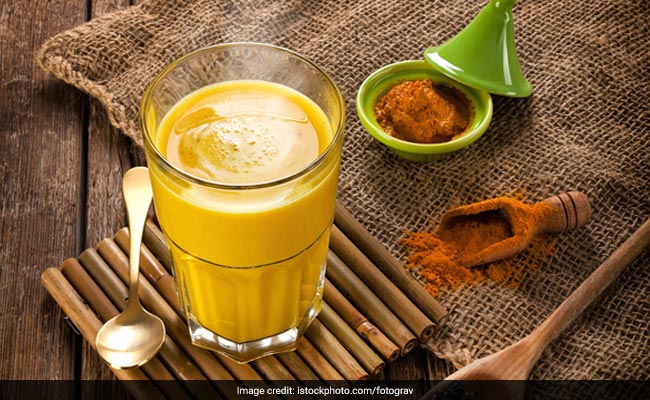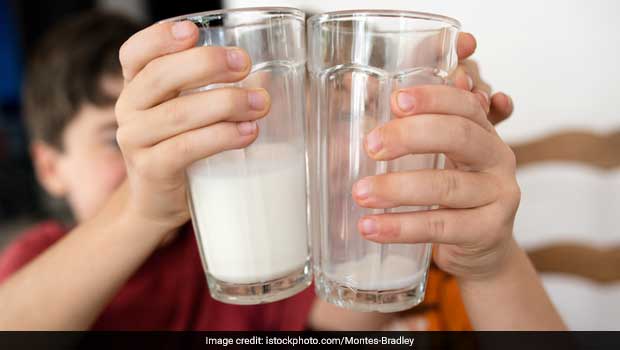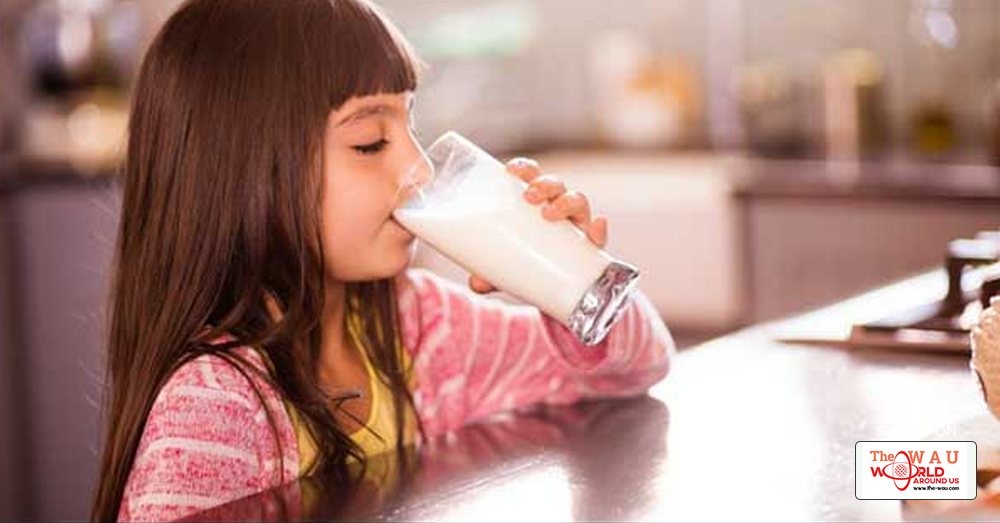Milk is the first food given to a baby and since then, it becomes an integral part of their diet. It is regarded as a complete food which simply means that it provides the three essential nutrients that make up a balanced meal - proteins, fats and carbohydrates along with micro-nutrients like calcium, Vitamin B, potassium and magnesium. Yet, there are lot of controversies surrounding milk regarding its consumption and health benefits. Here are six white lies and mistaken beliefs that you should steer clear of.
1. Milk is the best source of calcium.
While milk is a great source of calcium, it is certainly not the best. For instance, two tablespoons of chia seeds have six times more calcium then milk! According to the National Institute of Nutrition in India, 100 ml of milk contains 125mg of calcium while 100 grams of ragi contains a whopping 344mg of calcium. It is also believed that after the age of 3 our bodies lose the ability to break down the milk proteins (casein) which inhibits the absorption of calcium from milk. Moreover, you need an optimum amount of Vitamin D in your body to be able to absorb the calcium from foods.
2. Boiling milk reduces its nutrients.
While raw milk procured straight from dairy farms must be boiled to remove bacteria, you can choose to decide whether or not you want to boil packaged milk that has already been pasteurized. Even if you do, it will not affect the quality of nutrients that milk contains. Delhi-based Nutritionist Shalini Manglani tells us, "There are no harmful effects of boiling the milk again and again. It wouldn't lose its nutritional value."
3. You should have milk first thing in the morning.
While milk is great for breakfast as it gives you the essential nutrients right at the start of the day, drinking it on an empty stomach may not be the best thing for you. You should avoid it if you suffer from poor digestion and gastric issues. "You should always start with something light that has a cleansing effect on your system. Chaach or other fermented versions are much easier to digest," shares Macrobiotic Nutritionist and Health Practitioner, Shilpa Arora. Even Ayurveda suggests that if you have a Vatta or Kaphas dosha, you shouldn't have milk on an empty stomach. Those prone to cough and flu should also not have it the first thing in morning.

4. You should drink two glasses of milk every day.
While dairy is an essential part of a balanced diet, it can be added in any form like cottage cheese or yogurt. Therefore, milk becomes a dietary choice and not a nutritional requirement. The idea is to fulfill your daily needs of calcium and protein and you can choose from any of the healthy sources. Milk is a convenient way to get all your nutrients, but you don't have to rely only on it.
5. Drinking milk causes bloating.
While this may be true for people who are lactose intolerant, in general milk may not cause bloating or gas but having it in combination with certain foods may. For instance, you should never have milk with fruits as this makes it an acidic combination that can lead to indigestion, suggests Nutritionist Shilpa Arora. "You can add spices like cinnamon and turmeric for better availability of milk's protein to the body," So, if you feel bloated, it is probably your gut that is unable to digest milk, In that case, try having it with a bowl of cereal or have it lightly brewed with tea leaves and Tulsi to improve your digestive functions.

6. Milk can be taken as a meal in itself.
While milk is considered to be a complete and nutrient-dense food, you should not substitute it for a regular meal. Besides the essential nutrients that milk contains, your body also needs minerals and vitamins like iron and vitamin C and most importantly fiber which lacking in milk. Substituting your meals for milk may also lead to a lack of calories that can hamper growth and development especially in kids. Milk can be a part of a balanced meal but it cannot be a meal in itself.
Milk is a nearly perfect food and there's no reason to eliminate it from you diet as long as you get good quality milk. At the same time, a healthy and balanced diet is made up of a number of foods and nutrients that are equally important.
Share This Post















